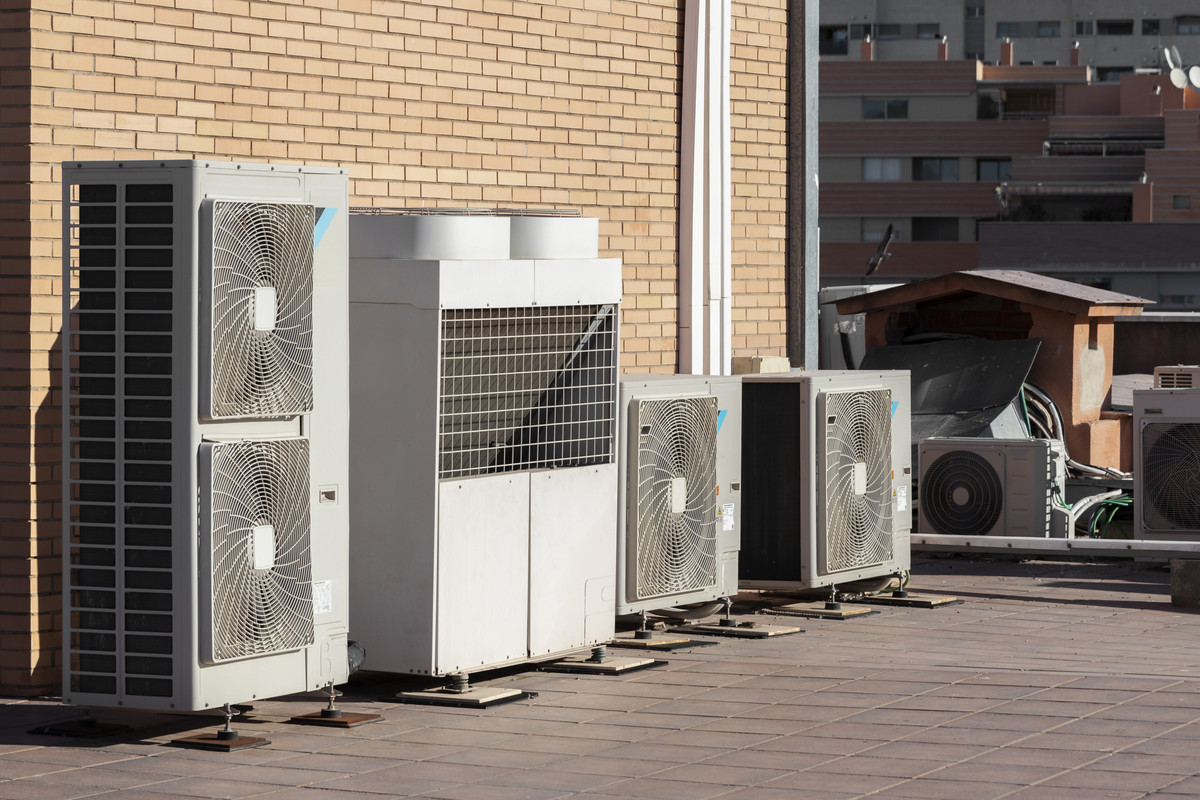As the world grapples with the pressing challenges of climate change and environmental degradation, the need for sustainable solutions in every aspect of our lives becomes increasingly evident. In this context, even seemingly mundane choices, such as the type of air conditioning system we use in our homes, can have significant implications for the planet's health. While air conditioning is essential for comfort, traditional systems often come with environmental drawbacks.

In an era where environmental consciousness is paramount, every decision we make regarding our homes can have a profound impact on the planet. One such decision is upgrading to a modern air conditioning system. While the primary goal of air conditioning replacement may be to enhance comfort, the benefits extend far beyond mere temperature control. In this blog, we'll delve into the environmental advantages of upgrading to a modern AC system, emphasizing how this simple change can contribute to a healthier planet.
Reduced Energy Consumption:
Older air conditioning systems tend to be less energy-efficient, consuming more power to produce the same amount of cooling. In contrast, modern AC systems utilize advanced technology such as variable-speed compressors, improved insulation, and smart thermostats to operate more efficiently. By upgrading to a modern AC system, homeowners can significantly reduce their energy consumption and lower their carbon footprint.
Use of Environmentally Friendly Refrigerants:
Traditional AC systems often use refrigerants known as hydrochlorofluorocarbons (HCFCs) or hydrofluorocarbons (HFCs), which contribute to ozone depletion and global warming. In contrast, modern AC systems utilize environmentally friendly refrigerants such as R-410A or R-32, which have lower global warming potentials and are less harmful to the ozone layer. By upgrading to a system that uses these eco-friendly refrigerants, homeowners can help protect the environment and mitigate climate change.
Integration of Renewable Energy:
Many modern AC systems are designed to integrate seamlessly with renewable energy sources such as solar power. By harnessing solar energy to power their air conditioning, homeowners can further reduce their reliance on fossil fuels and decrease their environmental impact. Additionally, some modern AC systems offer features such as demand-response capabilities, allowing them to adjust their operation based on grid conditions and optimize energy usage.
Long-Term Sustainability:
Investing in a modern air conditioning system is not just a short-term solution for cooling your home; it's a long-term commitment to sustainability. These systems are built to last longer and require less maintenance compared to older models, reducing the frequency of replacements and minimizing waste. Additionally, many manufacturers offer recycling programs for old AC units, ensuring that they are properly disposed of and recycled at the end of their lifespan.
Conclusion:
Upgrading to a modern air conditioning system offers more than just improved comfort; it presents an opportunity to make a positive impact on the environment. From reducing energy consumption and utilizing eco-friendly refrigerants to integrating renewable energy sources and promoting long-term sustainability, modern AC systems play a vital role in building a greener future. By making the switch to a modern AC system, homeowners can enjoy cooler indoor temperatures while also contributing to a healthier planet for future generations.





